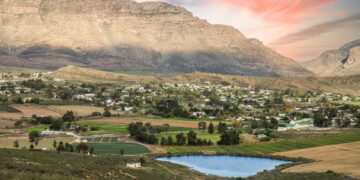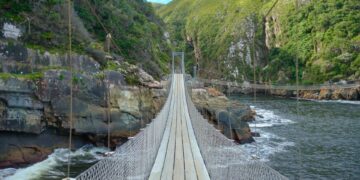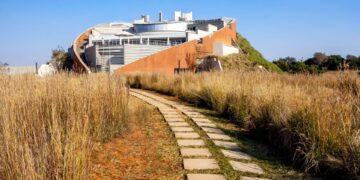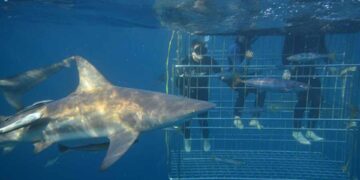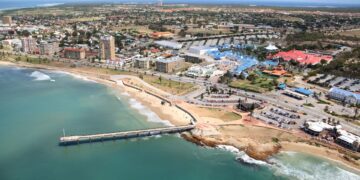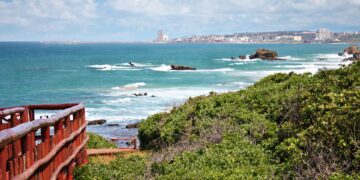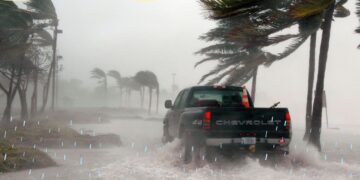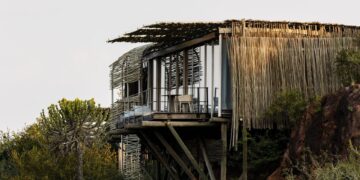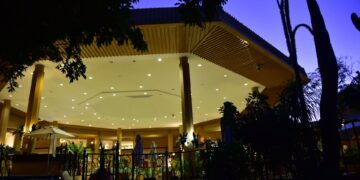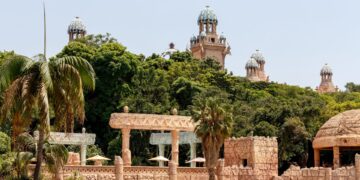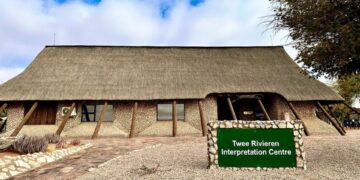The organisers of an ‘exclusive’ silent disco on Robben Island have decided to cancel the event after it was met with outrage when advertised on social media.
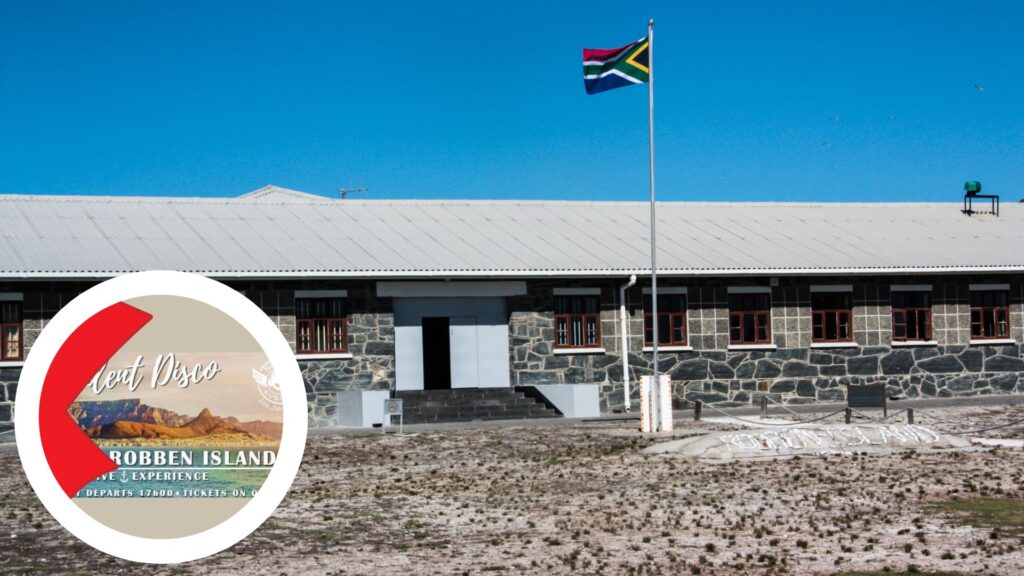
By: Storm Simpson
READ: ‘Exclusive’ Robben Island party postponed after announcement met with outrage
ROBBEN ISLAND PARTY CANCELLED
Silent Events SA said it was approached by Robben Island Museum (RIM) to host an event at one of the venues regularly utilised on the island on 18 February.
As previously reported, Robben Island Museum told The South African the event was postponed until further notice. About two hours later, the event organisers released a statement saying the event was no longer happening.
“[The event] was to be with the accepted provision that it would have no negative impact on the sensitive ecology of the island, be mindful of the respect that the history of the island deserves and that a large percentage of the profits would be gifted to its indigenous tree planting program,” said the organisers.
For R750, eventgoers were promised a unique and exclusive party in a world-class “ecologically sustainable” setting. The party was criticised. Some called it disrespectful to the memories of political exiles, among other reasons why it should not go ahead.
The event organisers said the event was meant to be a “diversely attended celebration of racial unity and freedom.”
A percentage of the profits would go towards the “ecological work that is sorely needed there,” added the organisers.
“This event was planned in good faith, with the aim of bringing people together and we thought the initiative would be recognised with this intention.
“We have seen and heard much reaction to the contrary and so, in agreement with Robben Island Museum, have decided to cancel the event and apologise for any offence that the idea may have caused,” concluded Silent Events SA.
Before the cancellation, Robben Island Museum said the event was postponed indefinitely to give it enough time to engage with all relevant stakeholders.
The Museum said it is redeveloping its business model. However, repurposing infrastructure must not be done in a way that detracts from its core mandate or disrespects the legacy of those who died for South Africa’s freedom.
CLICK HERE TO READ MORE ARTICLES BY STORM SIMPSON
READ:

